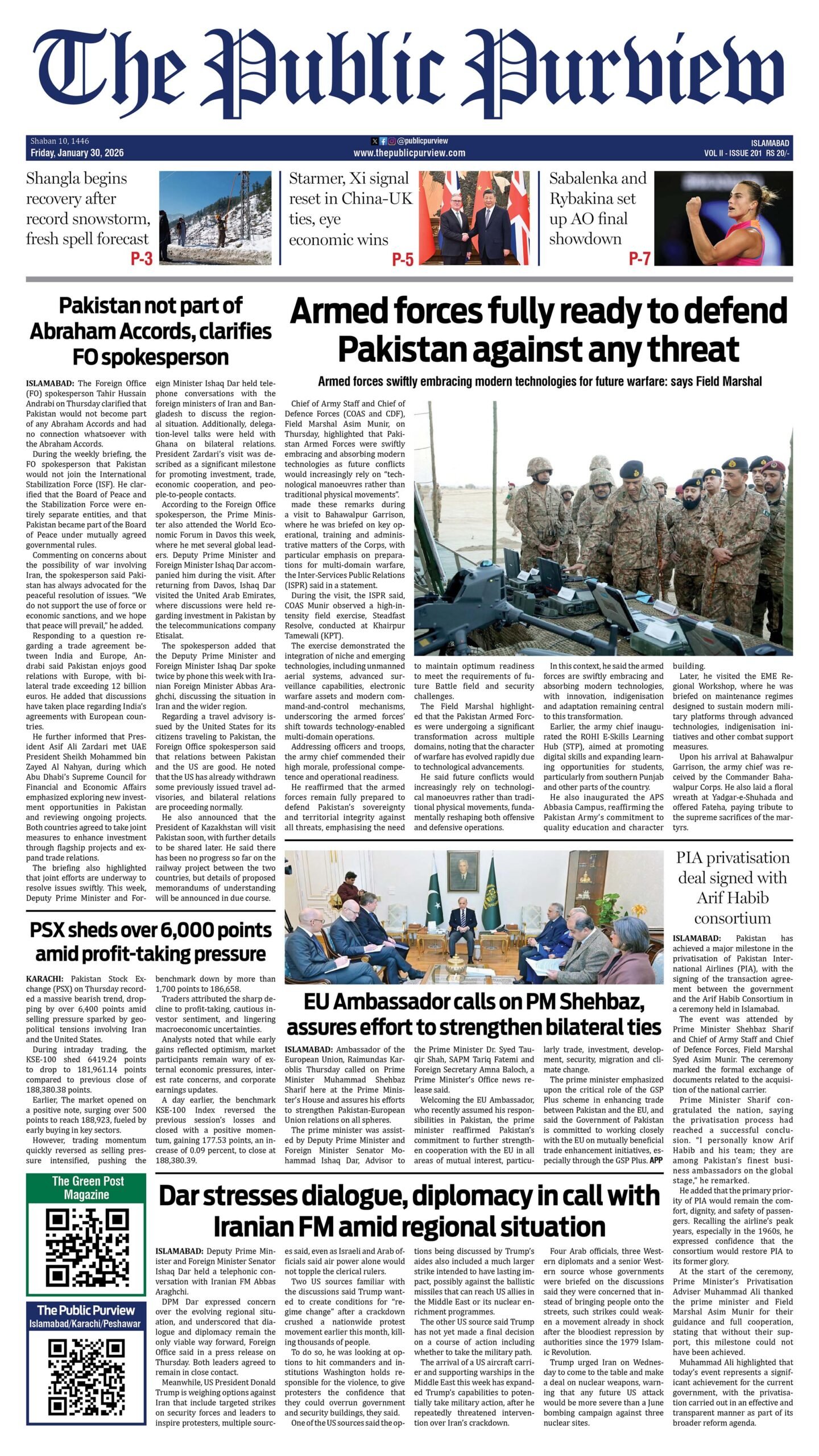ISLAMABAD: The National Disaster Risk Management Fund (NDRMF) has completed 16 major disaster resilience projects worth Rs 6.5 billion between 2018 and 2024. These projects covered vulnerable districts across Pakistan, including Balochistan, Sindh, Punjab, Khyber Pakhtunkhwa, Gilgit-Baltistan, and Azad Jammu and Kashmir.
NDRMF worked with national and international partners to strengthen Pakistan’s ability to handle floods, landslides, droughts, and other climate-related threats. The initiatives also expanded emergency services to improve preparedness against natural hazards.
The portfolio combined flood protection structures with early warning systems and community training. Local communities were actively involved in planning and monitoring, which helped improve awareness and ensure long-term sustainability.
In Balochistan, NDRMF spent Rs 201.9 million in Quetta and Chagai to improve flood and drought mitigation. Another Rs 400.7 million was invested in Killa Saifullah to build community resilience.
In Azad Jammu and Kashmir, projects worth over Rs 1 billion supported landslide control and flood protection in Poonch, Neelum, Bagh, Jhelum, and Hattian.
In Sindh, Rs 685 million strengthened flood defenses in Larkana. The projects included the rehabilitation of Hajipur and Agani spurs to protect riverine communities.
In Punjab, schemes worth more than Rs 650 million restored Bein Nullah and Jalalia bund in Narowal. The rehabilitation of DEG Nullah in Sheikhupura also improved local protection.
One of the largest disaster resilience projects expanded Rescue 1122 services in Gilgit-Baltistan and Khyber Pakhtunkhwa. NDRMF spent Rs 2.26 billion on vehicles, rescue equipment, and new infrastructure across 10 districts of GB and 35 districts of KP, including merged tribal areas.
These efforts reduced risks and safeguarded farmlands, infrastructure, and local communities. Millions of citizens will now benefit from faster emergency response and fewer economic losses during disasters.
Looking ahead, NDRMF plans to deepen its role in climate resilience. Officials emphasize that sustained investment, international cooperation, and stronger local partnerships are critical to protecting Pakistan’s future. With climate shocks increasing in frequency, disaster resilience projects have become central to the country’s long-term economic stability and public safety.






 Today's E-Paper
Today's E-Paper